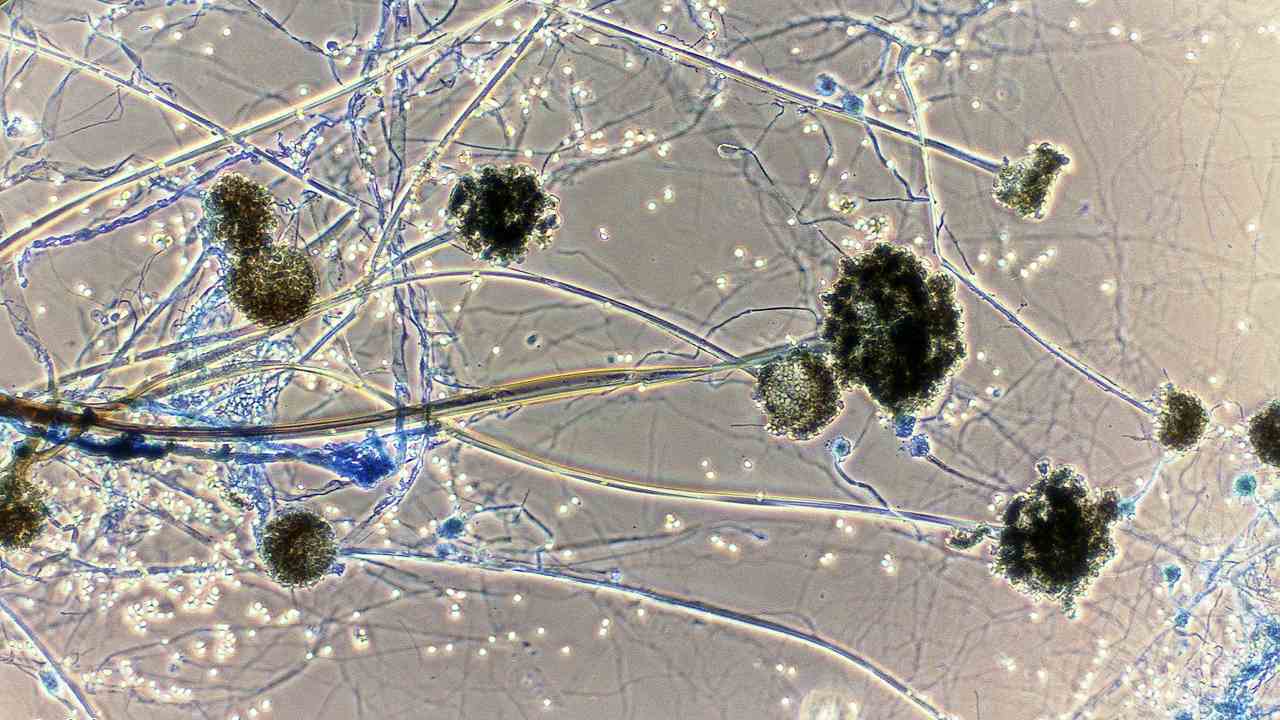People in some parts of the world may be receiving COVID-19 vaccines at present, but the threat posed by the deadly virus is far from gone. India, as per data released by the Health Ministry, has reported far less cases over the last week, when compared against other nations leading the case tally. But while cases have dropped, the country is still contending with around 30,000 fresh cases daily. As such, any news of new diseases affecting patients is a matter of concern.
According to reports, doctors in Gujarat’s Ahmedabad are now facing cases where Covid19 patients and people who have recently recovered from the virus attack are now contending with mucormycosis. Some of these victims have died, while others have suffered vision loss and more.
The Gujarat health department has issued an advisory to doctors and health officials after some Covid19 patients were recently found infected with mucormycosis, saying it is a serious but rare fungal infection and has an overall “mortality rate of 50 percent”.
As per the advisory issued on Monday, mucormycosis infects people with weak immune system and having other existing illnesses.
The health department said that the advisory is being issued after some coronavirus patients in Ahmedabad and Rajkot were found infected with mucormycosis, which is “a serious but rare infection caused by a group of molds called mucormycetes”.
A rare but serious fungal infection, Mucormycosis is caused by a group of moulds called mucormycetes, which can enter the body through the air (via fungal spores) or the skin through a skin injury. Mucormycosis cannot spread between people or between people and animals.
Mucormycosis mainly affects people who have health problems or take medicines that lower the body’s ability to fight germs and sickness. It is a rare fungal infection with a mortality rate of 50%.
The advisory also states that people having diabetes, and cancer have a high chance of infection. People who have recently undergone an organ transplant, stem cell transplant or have a high quantity of iron in their body are also at risk of contracting the fungal infection.
Mucormycosis: Symptoms
Mucormycosis symptoms depend upon where the fungus is growing in the body. Some common symptoms are swelling in one side of the face, headache, nasal or sinus congestion, fever, cough, chest pain, shortness of breath, black lesions on nasal bridge or upper inside mouth, and abdominal pain.
Note: Symptoms like fever, cough, and shortness of breath are also prevalent in COVID-19 patients.
Mucormycosis: Prevention
In fungal spores, it is difficult to avoid breathing because the fungi that cause mucormycosis are common in the environment. There is no vaccine to prevent mucormycosis. There are some ways for people who have weakened immune systems to lower the chances of developing mucormycosis.
Therefore, it is important to protect yourself from the environment. It is noted that these actions are recommended but not proven to prevent mucormycosis.
Try to avoid going into areas where there is a lot of dust like construction or excavation sites and wear masks.
It will be better to avoid direct contact with water-damaged buildings and flood water after storms and natural disasters.
Avoid activities that involve close contacts with soil or dust, like yard work or gardening. If it is not possible then wear shoes, long pants, a long-sleeved shirt, and wear gloves.
Antifungal medication: If there is a high risk of developing mucormycosis and other mold infections in a person then to prevent it, the healthcare providers may prescribe medications.
Mucormycosis can be treated with prescription antifungal medicine, usually amphotericin B, posaconazole, or isavuconazole.
These medicines are generally given through vein(IV)-(amphotericin B, posaconazole, isavuconazole) or by mouth (posaconazole, isavuconazole)
Here the important point to note is that currently doctors, and scientists are learning about various factors under which transplant patients are at the highest risk of infection. Studies are also underway to determine what can be the best way to prevent such fungal infections.
The author is a student member of Amity Centre of Happiness





